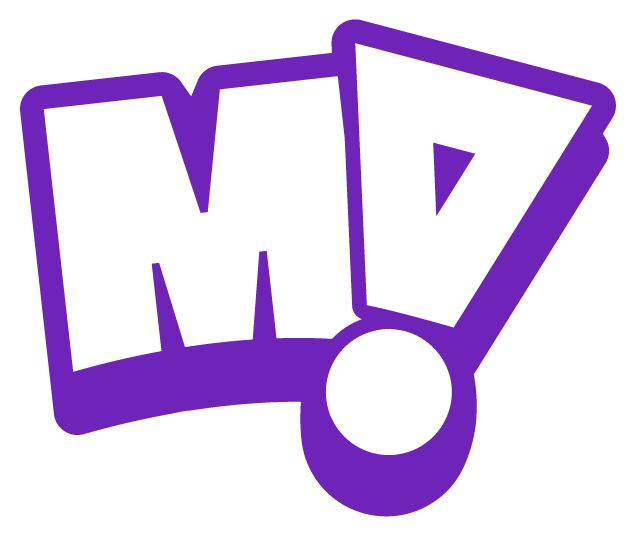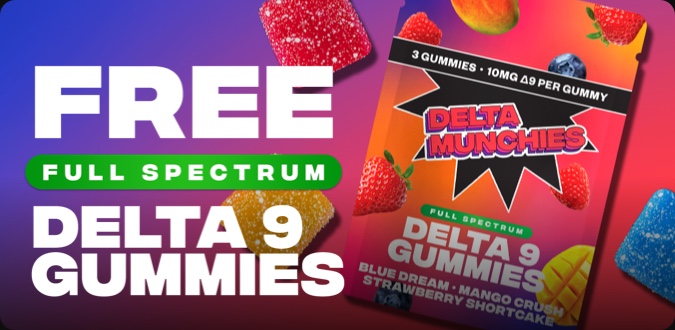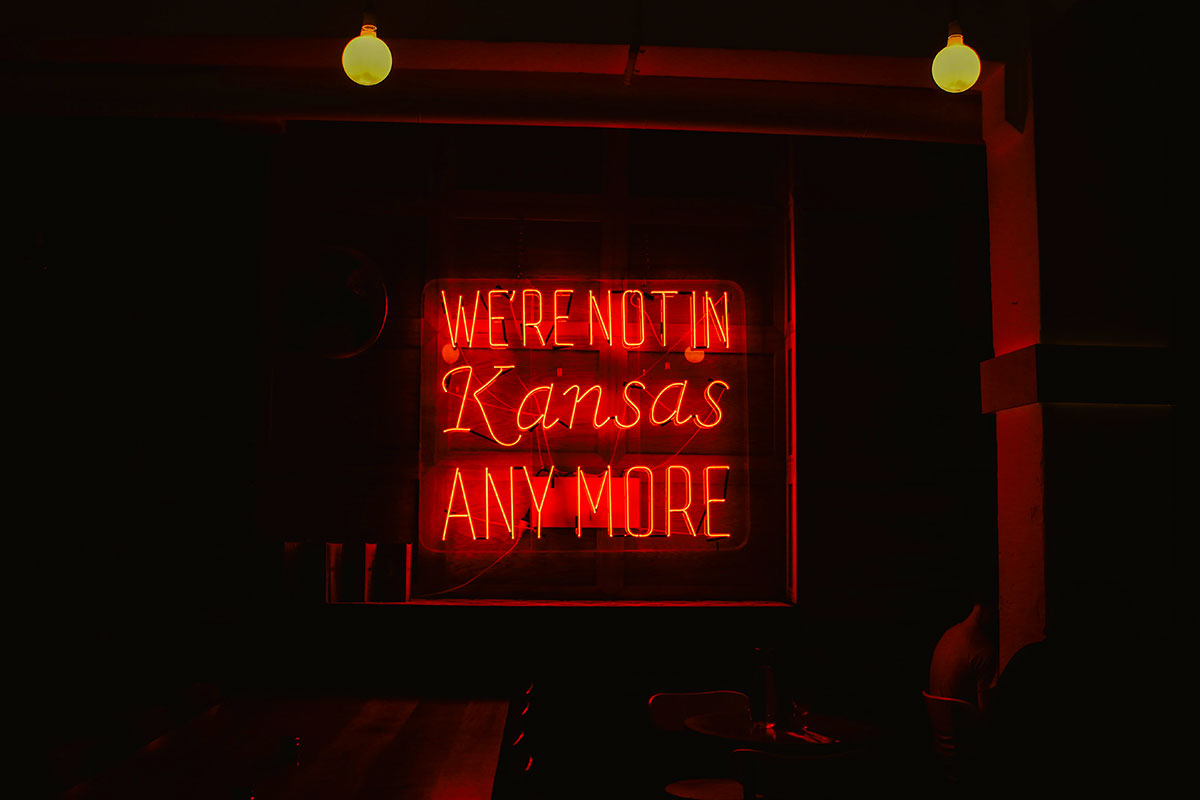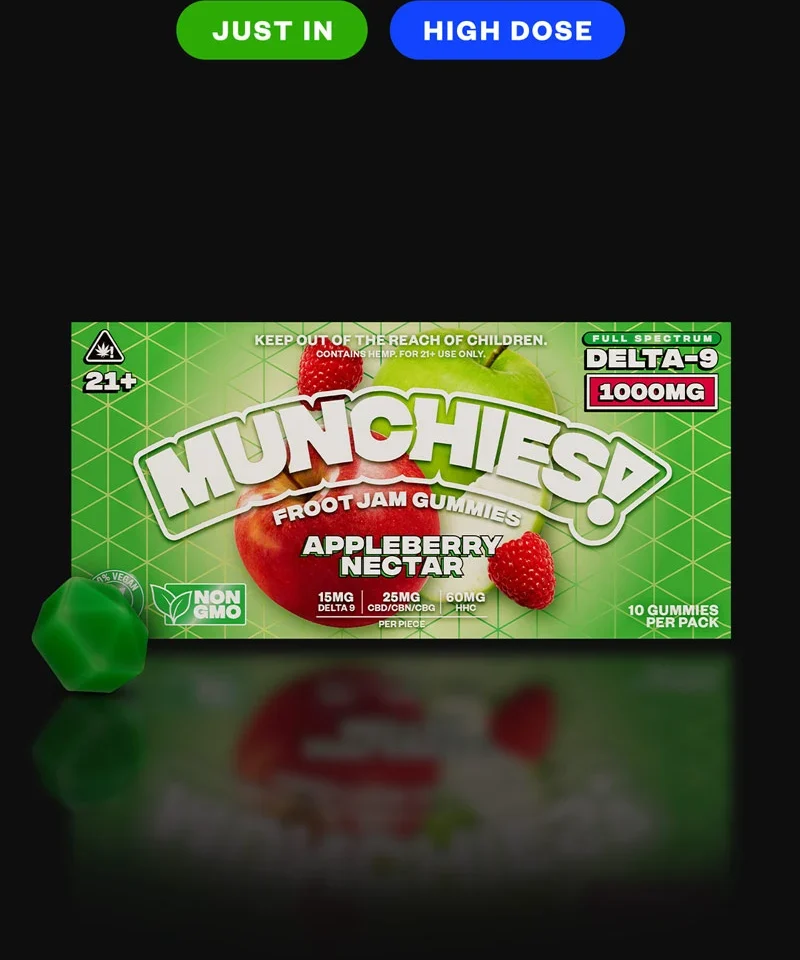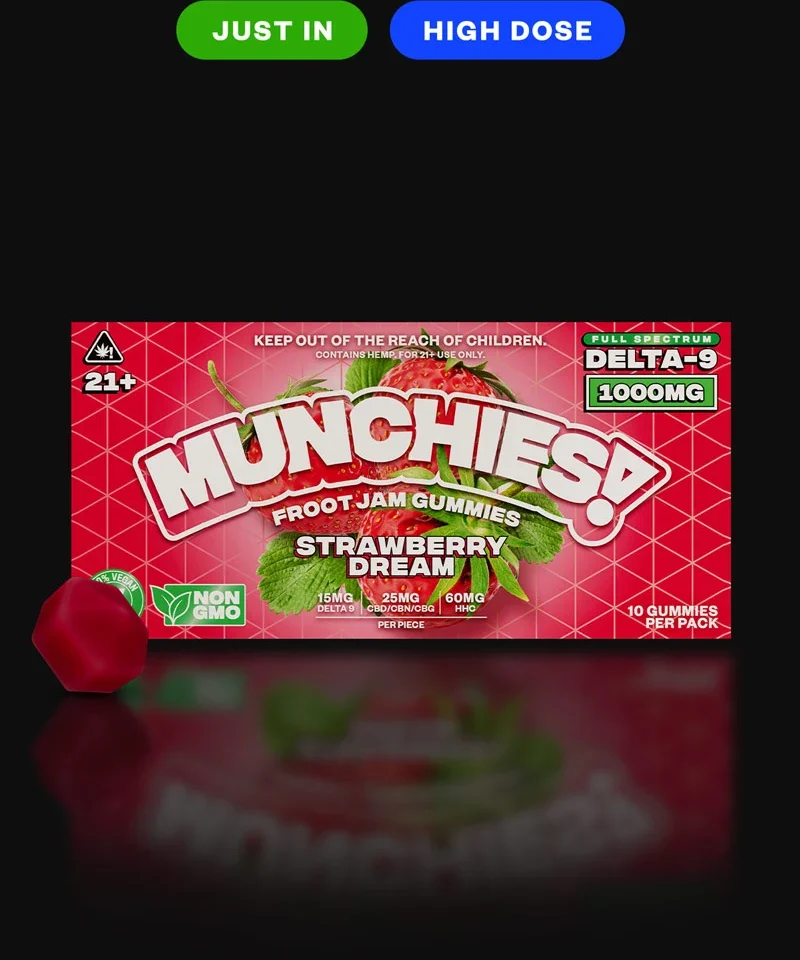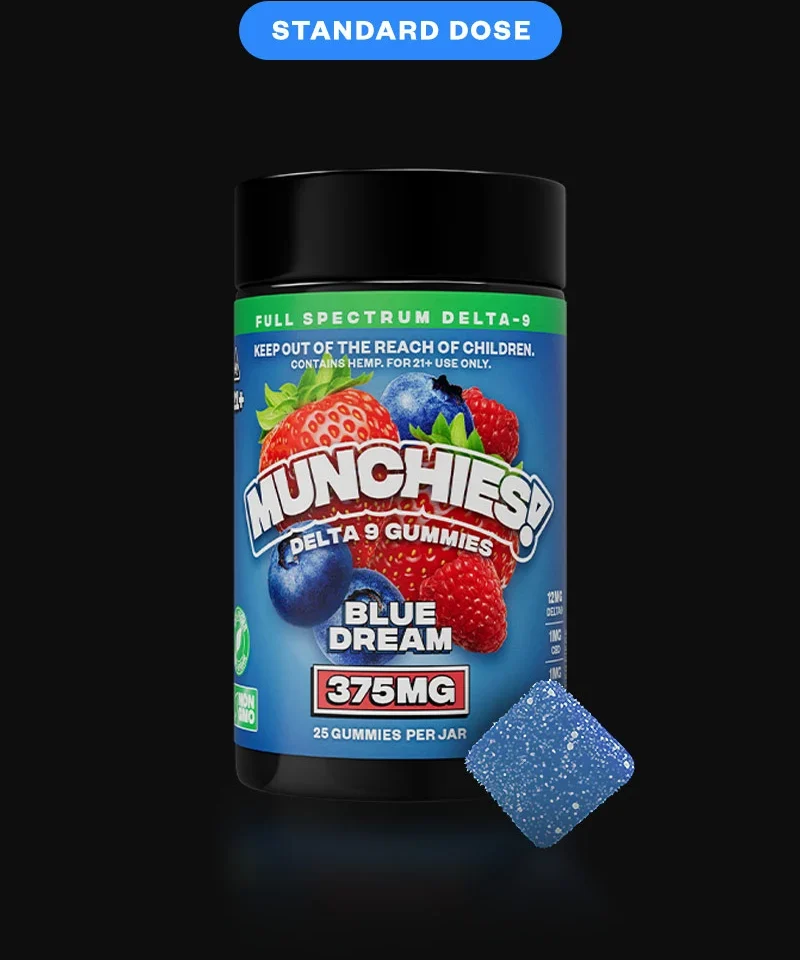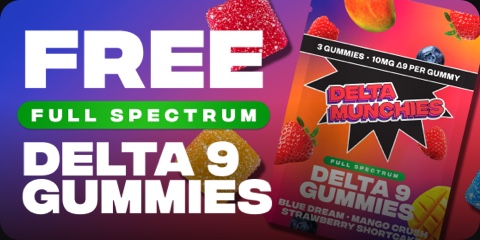After a 75-year prohibition, marijuana was legalized in 2012 after two states, Colorado and Washington State, first pioneered the legalization of recreational marijuana in the United States. Medical marijuana was first, debuting for the first time in California in 1996.
Since then, there have been many other states that have followed suit in legalizing cannabis. And while delta 9 THC is considered federally legal, each state has its own individual cannabis laws that will take immediate precedence over its residents.
So, is delta 9 THC legal in Kansas? In this article, we’re going to explain delta 9 THC and federal law as well as Kansas delta 9 THC laws.
Looking for legal delta 9 in Kansas? Order from our shop and get legal delta 9 products delivered to your doorstep!
Delta 9 THC
Delta 9 THC
Delta 9 THC
Disclaimer: This article was last updated in October 2022 and the information pertaining to federal cannabis laws and state cannabis laws is reflective of that time. Because cannabis laws in the United States are constantly changing on both federal and state levels, the information in this article is subject to change at any time. Additionally, this article is NOT legal advice, and no entity at Delta Munchies is giving legal advice. If you are unsure about your state’s individual cannabis laws, please look for more information on your state’s official state website(s).
Contents
- Key Takeaways
- Delta 9 THC and Federal Law
- Kansas Delta 9 THC Laws
- Is Delta 9 a Controlled Substance in Kansas?
- About Senate Bill No.263 in Kansas
- Delta 9 THC Possession Limits in Kansas
- Is Delta 9 THC Legal in Kansas?
- Is Delta 9 Legal in Kansas for Recreational Use?
- Is Possession of Delta 9 a Felony in Kansas?
- What Happens if I Get Pulled Over with Delta 9?
- Is Delta 9 Safe?
- Where to Buy Delta 9 in Kansas
Key Takeaways
- Marijuana-derived delta 9 is illegal as it’s considered a Schedule I drug. However, hemp-derived delta 9 products are federally legal as long as they contain less than 0.3% delta 9 THC.
- In Kansas, hemp-derived delta 9 is legal as long as it contains less than 0.3% delta 9 content.
- Delta Munchies is the best provider of legal hemp-derived delta 9 products in Kansas.
Delta 9 THC and Federal Law
The history of delta 9 THC and federal law is a long and complicated one. Cannabis was first prohibited in the United States in 1937 and remained that way through the 1970s during Richard Nixon’s infamous War on Drugs. It wasn’t until 1996 that California became the first state to legalize medical marijuana, slowly letting other states follow suit.
In 2012, Colorado and Washington State became the first two states to legalize marijuana for recreational use. This ended the 75-year prohibition of marijuana in the United States, prompting many other states to follow suit over the next 10 years.
As of today, delta 9 THC has been decriminalized and is considered federally legal. However, each state has its own individual cannabis laws that prohibit certain types of delta 9 THC and allow others, while some allow all cannabinoids and others ban them all.
Because it can be confusing, we’re going to take a look at Kansas delta 9 THC laws.
Kansas Delta 9 THC Laws
Kansas law states: “You can’t possess any amounts of marijuana for personal use in Kansas. Kansas first banned marijuana in 1927, similar to the other states west of the Mississippi River. Since then, Kansas barely changed its cannabis regulations.
If you suffer from a debilitating medical condition, you can ask your doctor to recommend low-THC cannabis oil as a treatment. Such products are allowed to have up to 5% THC.
However, since there’s no official medical marijuana program in place, the state law provides “affirmative defense” for patients and parents or guardians of patients who possess their medicine. An affirmative defense is usually used during a trial, meaning people can still be arrested, charged, and held in custody while waiting for the trial.”
Is Delta 9 a Controlled Substance in Kansas?
The topic of whether marijuana should be considered or not has been a notoriously divisive issue. The War on Drugs threw marijuana into the class of a Schedule 1 Controlled Substance, but many people vehemently agreed. To this day, it still raises questions between the scientific community and the legal community.
According to the National Cancer Institute, a controlled substance is: “A drug or other substance that is tightly controlled by the government because it may be abused or cause addiction. The control applies to the way the substance is made, used, handled, stored, and distributed. Controlled substances include opioids, stimulants, depressants, hallucinogens, and anabolic steroids. Controlled substances with known medical use, such as morphine, Valium, and Ritalin, are available only by prescription from a licensed medical professional. Other controlled substances, such as heroin and LSD, have no known medical use and are illegal in the United States.”
However, the DEA has issued a different take on marijuana being a controlled substance: “Marijuana is a Schedule I substance under the Controlled Substances Act, meaning that it has a high potential for abuse, no currently accepted medical use in treatment in the United States, and a lack of accepted safety for use under medical supervision. Although some states within the United States have allowed the use of marijuana for medicinal purpose, it is the U.S. Food and Drug Administration that has the federal authority to approve drugs for medicinal use in the U.S. To date, the FDA has not approved a marketing application for any marijuana product for any clinical indication. Consistent therewith, the FDA and DEA have concluded that marijuana has no federally approved medical use for treatment in the U.S. and thus it remains as a Schedule I controlled substance under federal law.”
You can see that the scientific and legal definitions of marijuana being a controlled substance are conflicting. There was a time that marijuana was considered to be a dangerous drug, but since then, there has been an incredible amount of research-backed evidence showing marijuana is NOT in the same category of addictive drugs as opioids, stimulants, depressants, or anabolic steroids. Unfortunately, the legality has yet to catch up with the science.
As we know, each state has its own unique cannabis laws, and that goes for what counts as a controlled substance or not. So, is delta 9 THC a controlled substance in Kansas? Yes, delta 9 THC is a controlled substance in Kansas.
About Senate Bill No.263 in Kansas
Let’s have a quick talk about Senate Bill No.263 in Kansas. Until recently, Kansas had a pretty strict regulation for hemp. Until this last update to legislation, there was debate over if delta 8 THC would be legal due to the limitation on how they described “THC”.
Let’s go over the bill and how it changes the hemp panorama.
So first, let’s go with the basics of the bill. This law allows for the state and research facilities to give out licenses for hemp growth through their agricultural program. This licensing only allows for certified seeds to be used, which limits them to seeds that have been checked by an agency and have less than 0.3% of delta 9 THC concentration on a dry weight basis.
This is a little of a gray zone, as the new bill also refers to this “concentration” as the percentage of delta 9 THC and its optical isomers, salts, and acids reported as free THC on a dry weight basis.
While this allows for hemp-derived cannabinoids like CBD, CBN, and CBG to be used freely, it keeps cannabinoids like HHC, delta 8 THC, and THC-O in a gray area due to their origin. They can be produced as long as they are hemp-derived in their process, which can be complicated for cannabinoids like HHC or THC-O that use delta 9 THC as their base.
Later on, the bill also extended its controlled substance list to “Tetrahydrocannabinols”, which describes all THC forms, derivates, and isomers, except those obtained from industrial hemp.
So, for example, THCA, HHC, and THC-O that originate from the delta 9 THC extraction are considered controlled substances under this bill, but delta 8 THC derived from CBD is completely legal.
The topic is complicated, and lobbyists are pushing daily for changes in the law, as there have been cases where delta 8 THC products have been confiscated even with proof of their origin.
Delta 9 THC Possession Limits in Kansas
Kansas law states: “Possession of even small amounts of marijuana is classified as a Class B misdemeanor punishable by up to six months in jail and a $1,000 fine for first-time offenders.
A second offense is a class A misdemeanor. If you’re caught with more than 450 grams of marijuana, you can be charged with a $100,000 fine, and your jail time will range from 10 months of probation to 42 months in prison.”
Is Delta 9 THC Legal in Kansas?
Under the 2018 Farm Bill, hemp-derived THC was federally legalized in the United States as long as the THC content was 0.3% and under. This opened the door (or have many people have dubbed it, the “cannabinoid loophole”) for cannabinoids like hemp-derived delta 8 THC and delta 9 THC to be harvested and cultivated into cannabinoid products.
Many states have mirrored this legality and allow hemp-derived delta 9 THC to be legally sold there as long as it adheres to the federal guidelines of 0.3% or less.
So, is Kansas one of those states? In Kansas, the state laws reflect federal law which states that hemp-derived delta 9 THC is legal to buy and own as long as the THC content is 0.3% or under.
However, marijuana is illegal in Kansas, which means that marijuana-derived delta 9 THC is illegal.
Is Delta 9 Legal in Kansas for Recreational Use?
Sadly, no. Delta 9 THC products are described as marijuana, meaning they are not considered hemp and thus cannot be consumed or produced inside the state.
Moreover, the bill also depicts other non-hemp-derived isomers and analogs are depicted as illegal. So even if the product does not contain delta 9 THC on its own, if it is not classified as hemp with certified seeds, the product might still be depicted as illegal.
Is Possession of Delta 9 a Felony in Kansas?

No, unlike other states like Texas or Georgia, any possession, as long as it is not with the intent to distribute, is considered a misdemeanor. Don’t take this lightly, though, as the possession could mean up to 6 months of incarceration or a maximum fine of $1,000 USD.
Moreover, things change if you are caught with the intention to distribute weed. This is considered a felony and could lead to anywhere from 10 to 42 months of probation and a max fine of over $100,000 USD.
So, in general, delta 9 products are not advised in the state. There is a small loophole in the Agricultural Department where products with higher quantities of delta 9 THC can be consumed if they are requested through a special medical permit. Still, honestly, the procedure is not worth your while if you want to use delta 9 THC recreationally.
Unlike other states that might have different regulations on delta 9, like Michigan or Florida, Kansas’s regulation is pretty strict down to the seed and growth of the plant. However, CBD is fully free of restrictions on consumption and possession.
What Happens if I Get Pulled Over with Delta 9?
Well, first of all, breathe. By all means, always stay calm and try to let someone know about your situation. Unless the officers need a search, you don’t have to let them know about any items on your vehicle or yourself.
Delta 9 THC is considered marijuana in Kansas, meaning that possession of it is considered a misdemeanor. That is, as long as you had no intent of distribution. So, always let the officers know it is for your personal use in case they search for your belongings.
Now, most police labs will not be able to determine the difference between hemp-derived and cannabis products. You must have a third-party lab report at hand if you have any hemp product with you, as this can also be used to help your case.
Is Delta 9 Safe?
The short answer for this is yes, as long as it’s hemp-derived and you buy it from a reputable vendor. Now, the long answer is a little more complicated as it implies the producer, the product’s quality, and the dosage.
First, let’s go with the producer. Our recommendation is to stay with dispensaries that use third-party lab reports. This way, you can check what each product contains and if it is following the local legislation, regardless of the 2018 Farm Bill framework. This means correct labeling, other cannabinoids that it might have, and most importantly, making sure the delta 9 THC is less than 0.3%.
The second issue is a little more complicated to notice since quality can be a little hard to determine if you are buying online. Our suggestion is to look for the ingredient list, notice if they are using organic hemp, lack of any cutting agents, and the overall shopping experience.
Reputable dispensaries will have comments and reviews on their products while also having a support chat and a streamlined shopping process that is noticeable from the website’s quality. So make sure the products on the website match their ingredients list, the lab reports, and the overall reviews.
Lastly, delta 9 THC can be safe as long as you know how to dose it. Higher dosage methods and users with sensitivities to this cannabinoid can experience certain unwanted side effects or even have the onset for longer periods.
Even if you are an expert, always start with small, buildable doses to check on the effects of delta 9 THC.
Remember, all products have a different pathway for delivering the cannabinoid into your system. While resistance might carry on between smoking and vaping, other methods, like edibles, could be a little harder than you’d expect, even if you already vape or smoke a lot.
Where to Buy Delta 9 in Kansas
Since cannabis is still illegal in Kansas, there are no dispensaries in the state where you can buy delta 9 THC. However, because hemp-derived delta 9 THC is legal in Kansas, that means you can buy delta 9 THC online.
Here at Delta Munchies, we offer high-quality, rigorously lab-tested delta 9 THC products that have become a staple in the stoner community. We ensure that our hemp-derived, full-spectrum delta 9 THC completely adheres to all federal and state guidelines and regulations while still being potent enough for most experienced recreational users.
Delta 9 THC
Delta 9 THC
Delta 9 THC
Disclaimer: This article was last updated in October 2022 and the information pertaining to federal cannabis laws and state cannabis laws is reflective of that time. Because cannabis laws in the United States are constantly changing on both federal and state levels, the information in this article is subject to change at any time. Additionally, this article is NOT legal advice, and no entity at Delta Munchies is giving legal advice. If you are unsure about your state’s individual cannabis laws, please look for more information on your state’s official state website(s).
You can learn more about the Kansas cannabis law in the following YouTube video as well:


